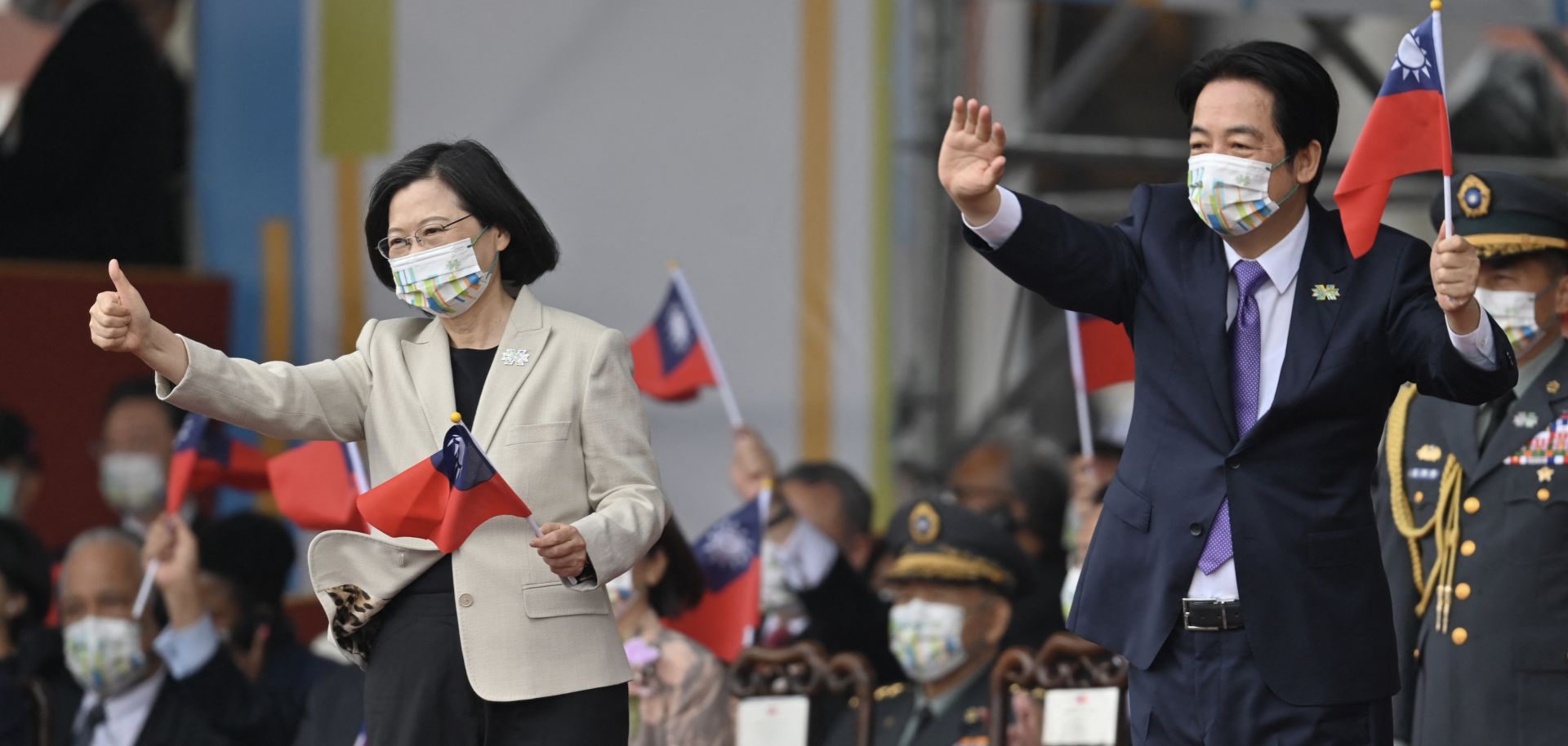Taiwanese politics hinges on issues of sovereignty and economic growth, with an increasingly centrist society constraining the improvement of relations with both the United States and China. Meanwhile, Beijing will continue to wield coercive policies no matter which party governs Taipei. At the heart of Taiwanese politics are two parties looking to redefine themselves in light of a changing society. The ruling Democratic Progressive Party (DPP) and opposition Kuomintang (KMT) are trying to significantly alter their agendas ahead of Taiwan's January 2024 presidential and legislative elections to satisfy the complex demands of a largely politically independent populace that is disenchanted with its limited choices for electoral representation. These demands range from national issues like economic growth and defending Taiwan's sovereignty from Chinese aggression, to local concerns like corruption and public health management....

